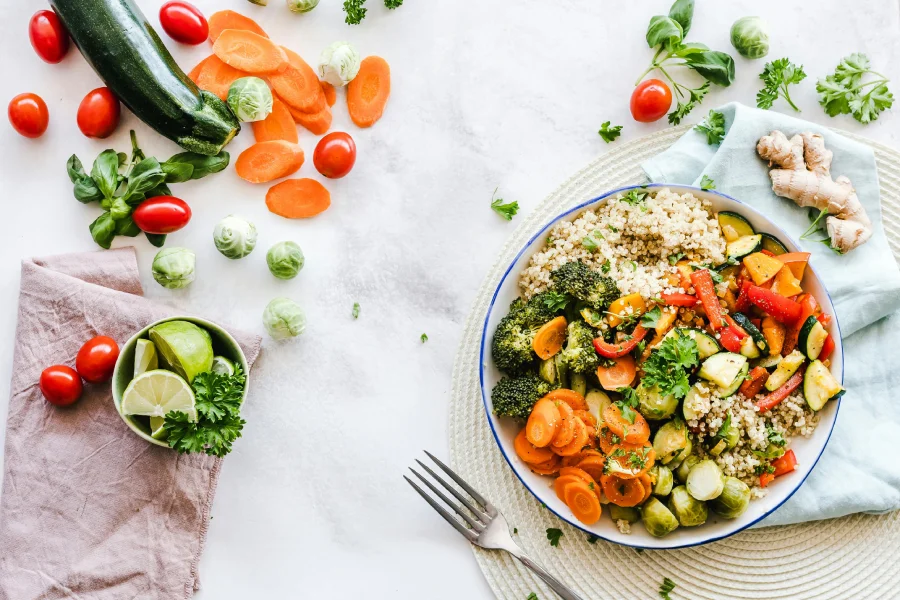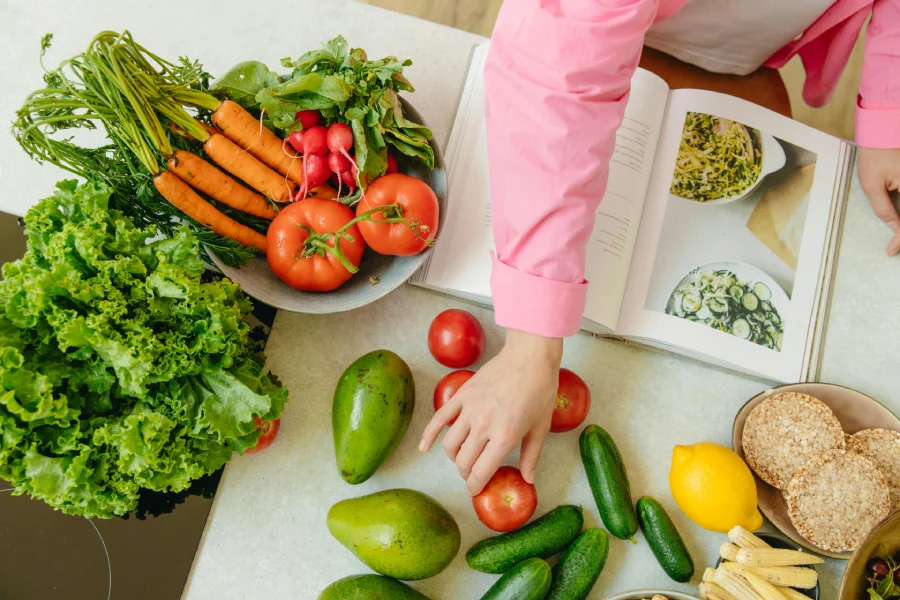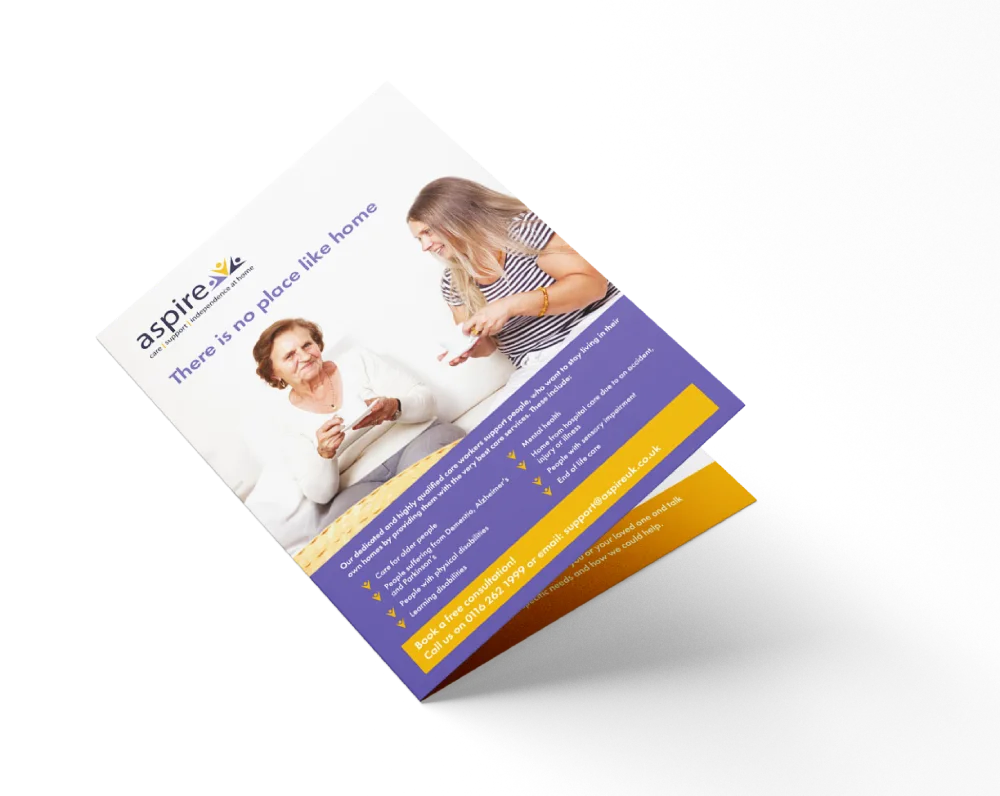When complex care needs arise, it can be easy to become overwhelmed by new concerns and let the basics fall to the wayside. This can quickly become a serious issue. Even the healthiest people can struggle to look after their everyday hydration and nutrition needs.

Water alone makes up about 55% of a senior human body, while the ideal balance of nutrition requires around 2000 to 2500 calories a day. Not meeting these requirements means your body won’t have the energy or strength to function.
For individuals who need complex care, this is even more important. Your loved one needs to be able to maintain the delicate balance of their health so that they can live the way they choose.
In this article, we’ll provide tips and guidance for managing nutrition and hydration concerns. You’ll be able to identify potential risks and signs of dehydration, so that you can support your loved one with confidence.
If you need support at home or have any concerns about hydration or nutrition, reach out to our caring team at Aspire UK today. We’re here to help.

Overcoming swallowing challenges
Depending on your loved one’s condition, they may face swallowing challenges. This is common in people living with dementia or those recovering from a tracheostomy. Likewise, it can also affect people with infections, cancer, or neurodegenerative conditions
Dealing with difficulty swallowing can be exhausting and debilitating. But these are a few ways you can offer support.
New swallowing techniques
Seeing a specialist may help your loved one make adjustments and eat more easily. This may involve teaching them how to:
- Sit and position themselves differently
- Work on muscle exercises
- Take smaller bites
- Clear the throat in case of a blockage
Reduce distractions
Consider lowering the music or turning off the TV while your loved one eats. This can reduce some of the pressure and let them take the time they need to focus on what they are doing.
One bite at a time
Allow your loved one to eat slowly and encourage them to take one bite at a time. After swallowing a bite, it is recommended that they cough to ensure that their throat is clear before taking the next bite.
Meal prep tips for carers
While making adjustments to how your loved one eats may help, changing what they eat can also have a significant impact. Here, we’ll outline some useful meal prep tips to make eating and staying hydrated easier for your loved one.
Change to softer foods
Changing to softer foods is sometimes recommended, as these can be easier to swallow and less likely to get stuck in the mouth or throat. Consider slightly mashed potatoes and steamed vegetables. Likewise, ground or finely diced meats served with sauces are also good options.
Thicker drinks
In some cases, you may be able to add a powder or other substance to drinks to thicken them. This may make liquids easier for your loved one to swallow, as they travel down the throat in a more controlled way.
Eat smaller meals
Prepare meals to be smaller and spread them out more frequently throughout the day. With less on the plate, your loved one may find it easier to finish. Likewise, with more frequent meals, you can still ensure they are receiving the right amount of nutrients.

Recognising dehydration risks in vulnerable adults
While eating may take more focus, maintaining hydration is crucial. As their thirst response weakens, older adults may struggle to identify when they are thirsty.
Likewise, other factors such as medication and complex care needs can also affect how we experience thirst and increase our risk. Identifying when your loved one needs intervention is crucial to ensuring they receive the proper care.
Signs your loved one may be dehydrated include:
- Extreme thirst
- Urinating less
- Darker urine
- Tiredness and weakness
- Dizziness and headaches
- Confusion and irritability
- Sunken eyes or cheeks
Finding support
If managing nutrition and hydration needs is new to you, you may not know where to turn for help. But many different resources and organisations are more than willing to lend a hand.
For instance, the Centre for Ageing Better is a dedicated charity that aims to offer valuable information to those in need. They are committed to helping people enjoy a good later life, no matter what that looks like.
Nutrition, hydration, and comfort with Aspire UK
At Aspire UK, our caregivers are fully trained to provide compassionate, attentive home care. They can offer support for swallowing difficulties, as well as recognise early signs of risk.
If your loved one needs extra support, please reach out. We’re here to help ensure they receive the hydration and nutrition their bodies need, with kindness and care.





